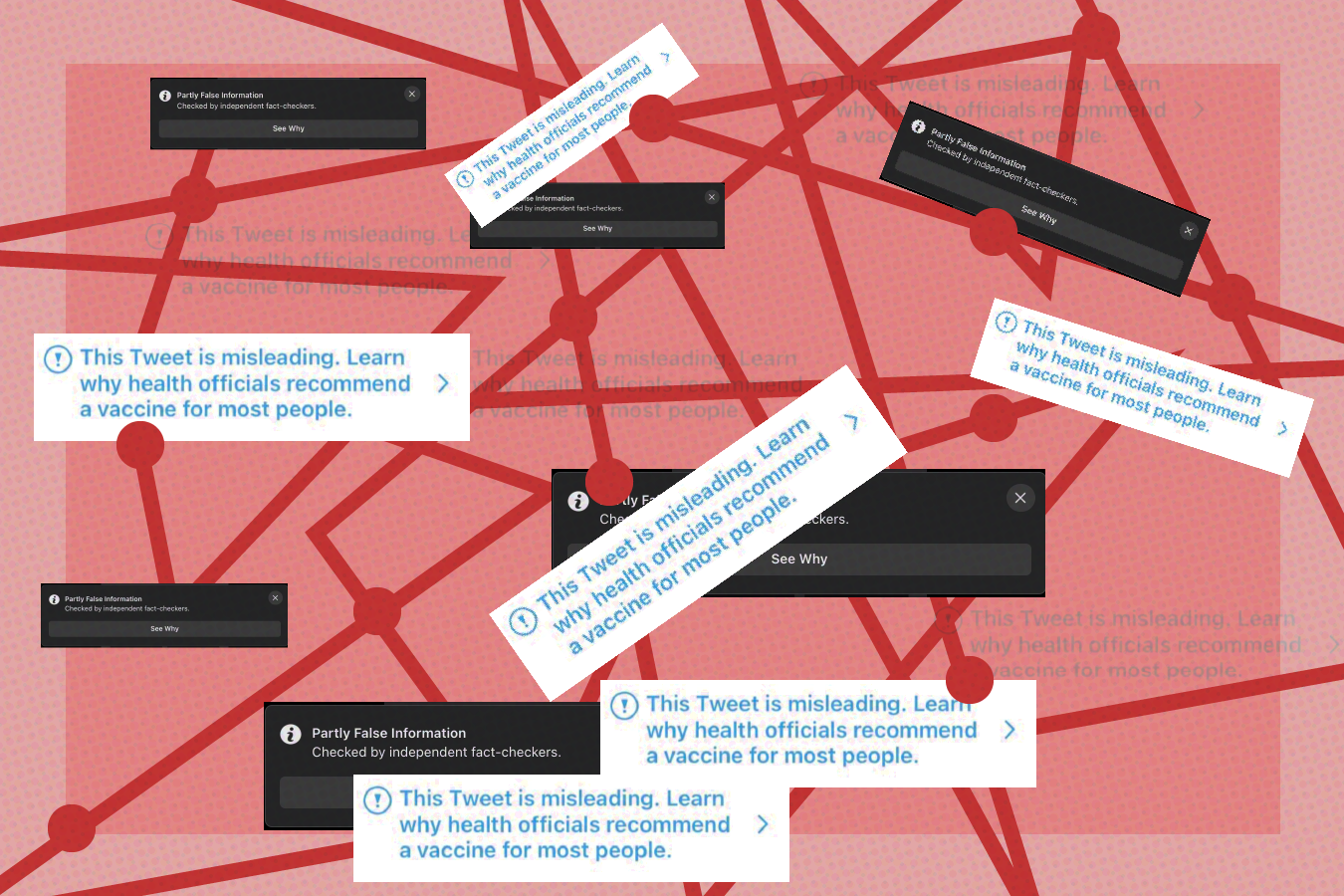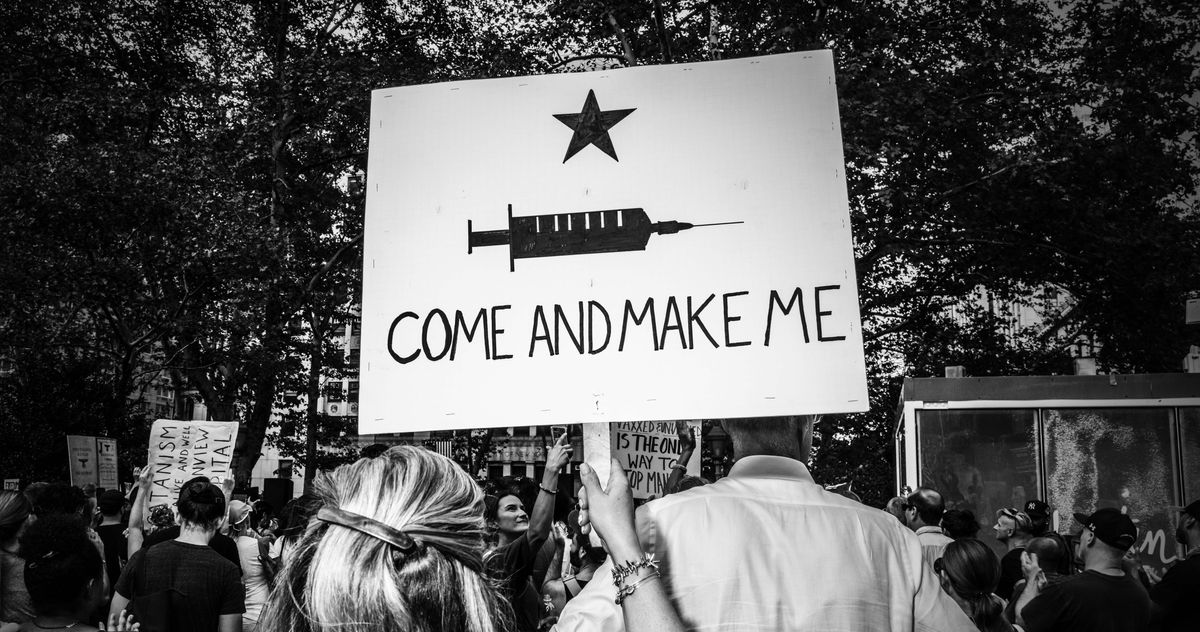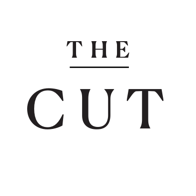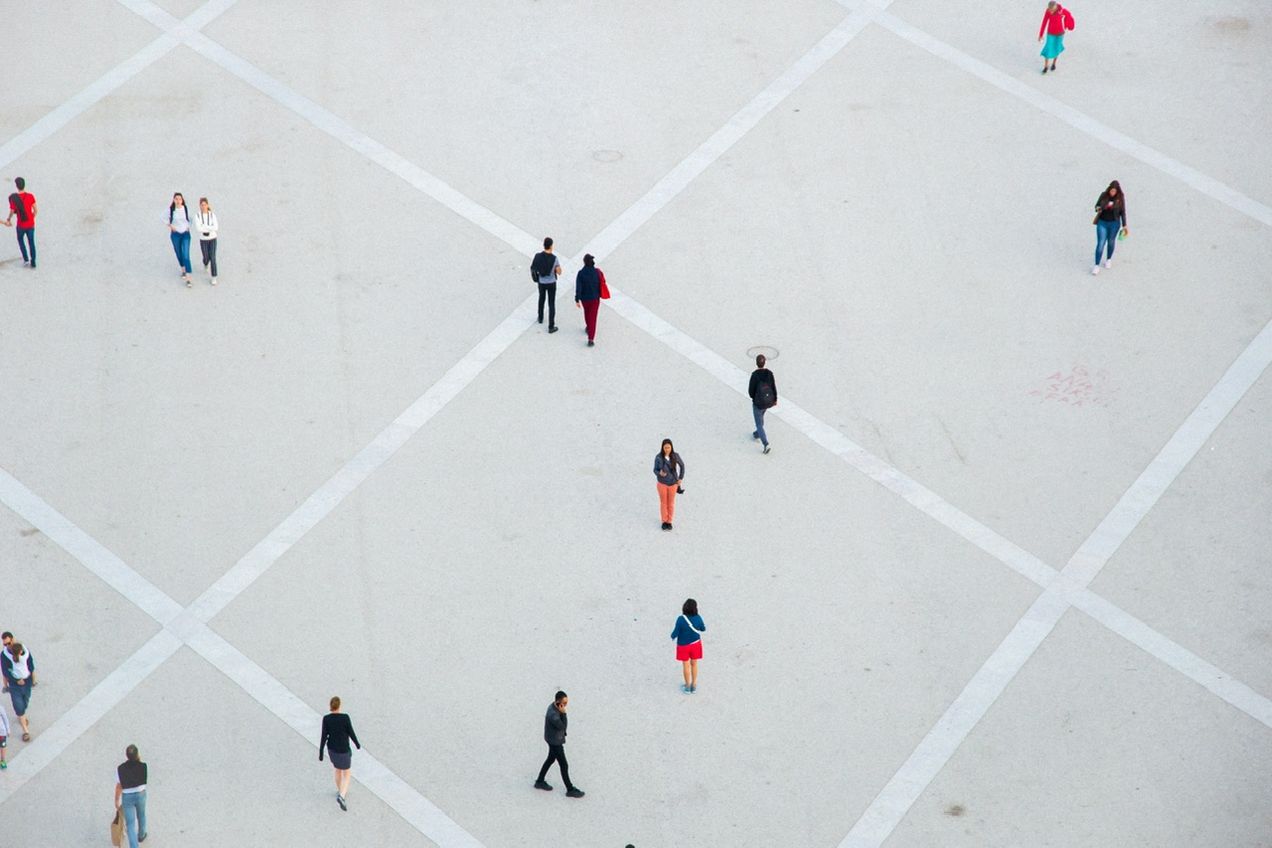
Youtube Cracks Down, Why Portugal Doesn't Need Vaccine Mandates, What Can We Learn From Wikimedia: Inoculated Newsletter (30.9.2021)
The week in vaccine disinformation #13
📰News of the week:
- This week was the week that Youtube said that it was banning the accounts of several prominent anti-vaccine activists from its platform, including those of Joseph Mercola and Robert F. Kennedy Jr., as part of an effort to remove all content that falsely claims that approved vaccines are dangerous. (Via NYT)
- NBC reports that doctors are preventing unvaccinated patients from receiving miracle cures or are even killing them on purpose, some people in anti-vaccine and pro-ivermectin Facebook groups are telling those with Covid-19 to stay away from hospitals and instead try increasingly dangerous at-home treatments, according to posts seen by NBC News over the past few weeks.
- NYT interviews incoming Wikimedia chief executive Maryana Iskander: "Many of the core attributes of this platform are very different than some of the traditional social media platforms. If you take misinformation around Covid, the Wikimedia Foundation entered into a partnership with the World Health Organization. A group of volunteers came together around what was called WikiProject Medicine, which is focused on medical content and creating articles that then are very carefully monitored because these are the kinds of topics that you want to be mindful around misinformation."
- The Financial Times has a report on Portugal, the country that leads Europe in Covid-vaccinations, how it got there and why the country has no need for vaccine mandates: “In contrast to many other European countries, we have had no need to discuss vaccination mandates,” said Ricardo Baptista-Leite, a doctor and health spokesman for the opposition Social Democrats. “The vast majority of people understand that the best solution currently available to control this disease is through vaccination."
- The Guardian has a feature on vaccine disinformation in Nigeria and how conflict, religion and conspiracy theories drive COVID-19 misinformation.
- Psychology Today reports that a growing body of work has begun to advance our understanding of why people believe in conspiracy theories. This work has found that people who feel like they lack control over events, and who dislike uncertainty and ambiguity are more likely to believe in conspiracy theories
📝 Longform of the week:
Mother Jones on private Facebook groups where anti-vaxxers plot to get religious exemptions.

🔬Research of the week:
Nature: Neutral bots probe political bias on social media
Institute for Strategic Dialogue: The Business of Hate Bankrolling Bigotry in Germany and the Online Funding of Hate Groups
🎁Bonus read of the week:

📲Tweets of the week:
What should we call the disclosures that platform companies have been forced to make after great investigative journalism?
— Joan Donovan, 🦫 (@BostonJoan) September 27, 2021
Forced data?
Compelled data?
Tech watchdogs are doing incredible work in the field to put the sociotechical design of these products under the microscope.
Intellectual humility is negatively correlated with anti-vaccination attitudes. https://t.co/S1ovr2okoa pic.twitter.com/DOhZRSd0XI
— Dr. Jonathan N. Stea (@jonathanstea) September 29, 2021



